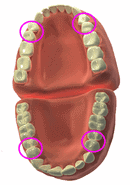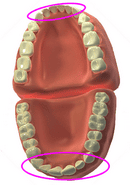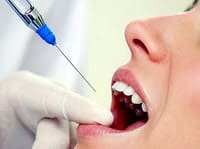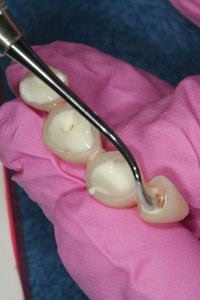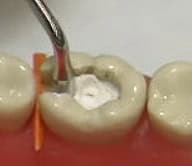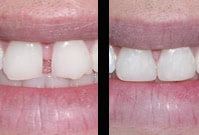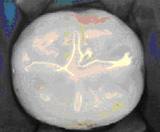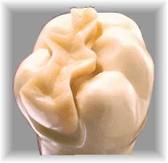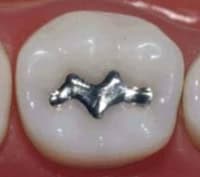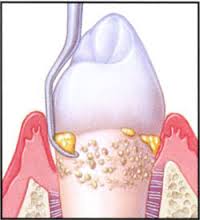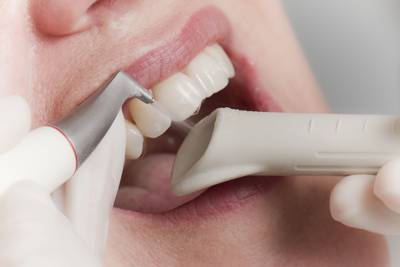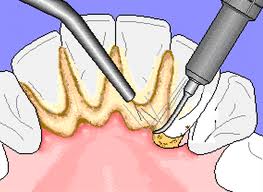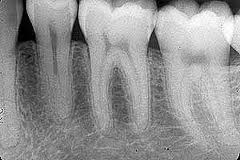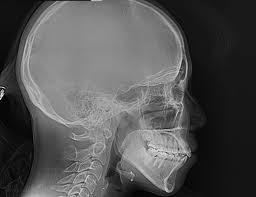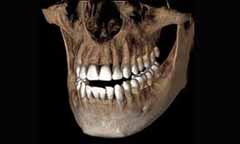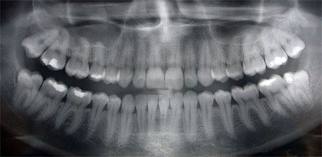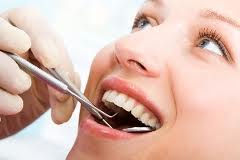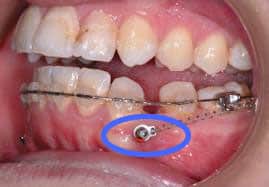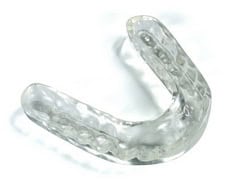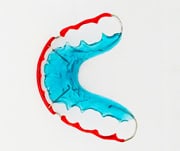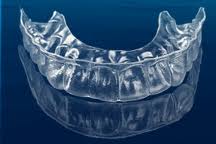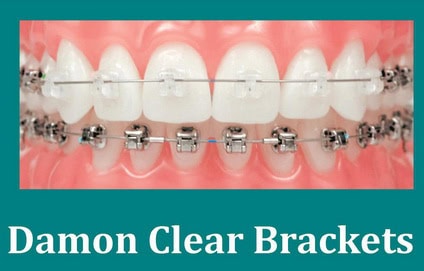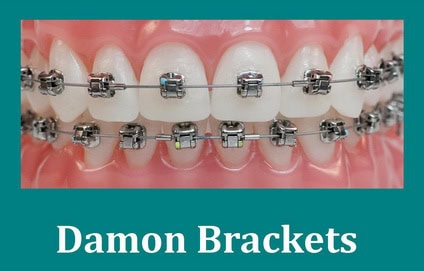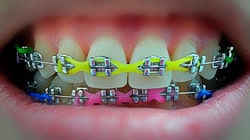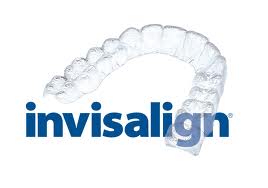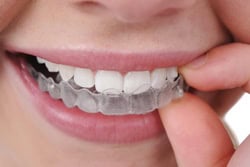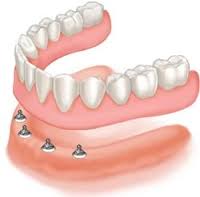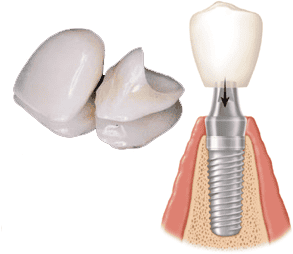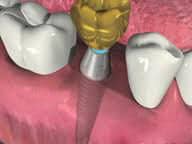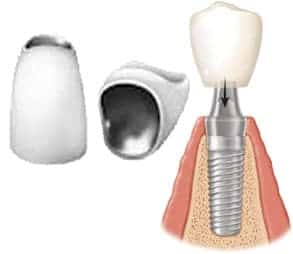Dental Crown
Table of Contents
Our Special Offer
- Porcelain Fused to Metal Crown: Now only 11,000 Baht Per Tooth (was 12,000 Baht)
- Palladium Crowns: Affordable at 16,000 Baht Per Tooth
- All Ceramic Crown: only 17,000 Baht Per Tooth (originally 20,000 Baht)
- This offer is valid until December 30, 2024
Table of Contents
Understanding Dental Crowns: Exploring Types, Procedures, and Benefits
Dental crowns are one of the most common and versatile dental procedures performed. They can be used to protect a weak or damaged tooth and to improve the appearance of a tooth. Whether it is reinforcing a weakened tooth or enhancing your smile’s aesthetics, dental crowns play a crucial role in dental restoration.
What Are Dental Crowns?
Dental crowns are customized tooth-shaped covers that are placed over damaged teeth. They restore the tooth’s shape, size, and strength, improving its appearance and overall functionality. Dental crowns can be made from various materials, including ceramic, and porcelain-fused-to-metal crowns.
When Should You Have Dental Crowns Done?
Dental crowns are commonly used to address extensive tooth decay, cracked or fractured teeth, large fillings weakening the tooth, and after root canal treatments. Your dentist may recommend a dental crown for you under several circumstances. Typically, dental crowns are suggested in the following situations:
- To restore and protect teeth that have extensive decay, large fillings, or fractures that cannot be effectively repaired with a standard filling.
- After a root canal procedure, a tooth becomes brittle and prone to fractures. A dental crown provides strength and support to the treated tooth, ensuring its longevity.
- To cover severely discolored or misshapen teeth.
- For Tooth Protection: Crowns are used to shield weakened teeth from further damage, especially in cases where the enamel is eroded due to grinding or aggressive brushing.
- Fractured or Worn-Down Teeth: If your teeth are significantly worn down or fractured due to grinding or other factors, crowns can rebuild and strengthen them, restoring their natural shape and function.
Types of Dental Crowns
The choice between Porcelain-fused-to-metal Crowns and All-ceramic crowns depends on factors like the tooth’s location, the extent of damage, the patient’s preference, and budget. Dentists carefully assess these factors to recommend the most suitable crown type, ensuring optimal functionality and aesthetics.
1. Porcelain-fused-to-metal Crowns (PFM)
Porcelain-fused-to-metal crowns (PFM) foundation is made of non-precious alloys such as platinum, palladium, silver, copper, and tin and covered with layers of porcelain on the outside. They provide a strong biting surface and endure significant pressure during chewing. One drawback of PFM crowns is that over time, a thin dark line might become visible near the gumline. For this reason, PFM crowns are often recommended for molars and less visible areas in the mouth.
2. All-ceramic Crowns
All ceramic crowns are metal-free, making them an excellent choice for patients with metal allergies. They offer aesthetic benefits, mimicking the natural tooth’s color and translucency, providing a seamless blend with the rest of the teeth. This type of crown is very durable and strong, making all ceramic crowns suitable for both front and back teeth.
Dental Crown Procedure
Appointment 1: Schedule an initial consultation with our dentist for examination and treatment planning. Following discussion and agreement, local anesthesia will be administered, and the tooth will be prepared for the crown. An impression will be taken to create a precise dental mold, the mold will then be sent to a specialized dental lab. You will get to discuss with the dentist and choose the desired shape, shade, and size of the crown(s) During this visit, a temporary crown will be placed, while the permanent crown is being processed at the dental lab.
Appointment 2: Return to the dentist for the replacement of the temporary crown with the permanent crown. The dentist will carefully attach the crown onto the prepared tooth surface using specialized adhesive materials. After securing the crown, the dentist will check the bite and make any necessary adjustments to ensure it fits properly and functions correctly.
Appointment 3: Attend a follow-up appointment to assess the overall condition after crown placement. The dentist will thoroughly examine the crown’s functionality, ensuring it functions seamlessly as intended.
Please Note: For optimal treatment results, in certain cases, your dentist might recommend teeth cleaning, filling replacement, or scaling before the dental crown procedure.
Dental Crowns vs. Veneers: Understanding the Differences
Dental crowns and veneers serve different purposes. While crowns cover the entire tooth’s surface, veneers are thin shells placed on the tooth’s front surface to enhance aesthetics. The choice between crowns and veneers depends on the specific dental issue and the desired outcome, with dentists guiding patients based on their needs.
Compare Crowns and Veneers
Treatment Feature | Direct Composite Veneers | Direct Composite Veneers | PFM Crowns | All Ceramic Crowns | Smart VeneerTM |
|---|---|---|---|---|---|
Stain Resistant | ✔ | ✔ | ✔ | ✔ | |
Material Strength | + | ++ | +++ | +++ | + |
Repairable | ✔ | ✔ | |||
Translucent Available | ✔ | ✔ | |||
Tooth Structure Removed | ✔ | ✔ | ✔ | ||
Life Span Years | 2+ | 10+ | 5+ | 10+ | 3+ |
Office Visits (estimated) | 1 | 3 | 2 | 2 | 2 |
Custom Colors | ✔ | ✔ | ✔ | ✔ | ✔ |
Injection Required | ✔ | ✔ | ✔ | ||
Notes | usually for back teeth | usually for front teeth |
Dental Crowns at Bangkok New Smile
Considering dental crown options? Bangkok New Smile offers a reliable choice. We specialize in cosmetic dentistry, with a team of experienced professionals skilled in both restorative and aesthetic procedures. Patients can trust our commitment to their dental health and well-being.
At Bangkok New Smile, our dedicated staff and assistants are well-versed in dental crown procedures. Their expertise ensures personalized and effective treatments. If you have questions or need more information, we are here to help. Reach out to us to discuss your dental needs or schedule a free consultation.

